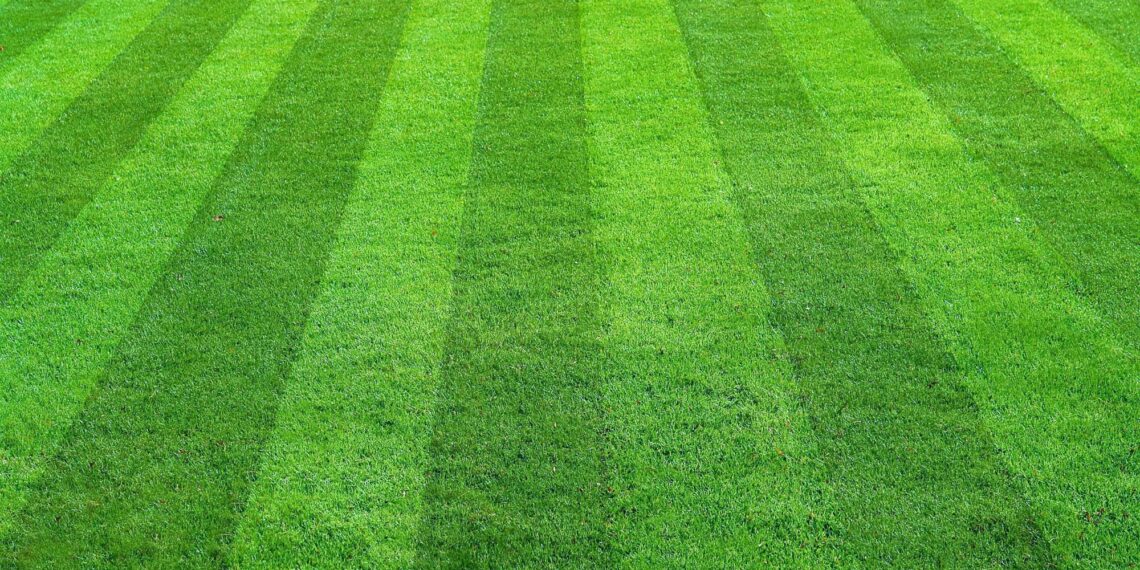[ad_1]
Mike Rowe, the host of the popular television show “Dirty Jobs,” used to joke about employees in hazardous jobs saying “safety first.” In his opinion, that was never true – or they would not be working those jobs to begin with. Mr. Rowe’s point, at least in part, was to show that there were considerations at play other than safety, namely the profitable operation of the relevant business enterprise.
New York Jets quarterback Aaron Rodgers and his recent injury provide support for Mr. Rowe’s analysis. Mr. Rodgers, one of the greatest National Football League quarterbacks ever, was unfortunately injured in the opening minutes of his first game with the Jets and will miss the remainder of the season.
His injury caused some, including many players, to advocate for all NFL stadiums to have natural grass fields, rather than artificial turf surfaces like that on which Mr. Rodgers was injured.
I wouldn’t expect the complaints to prevail. And Taylor Swift can help explain why.
The National Football League Players Association has said that a statistically significant higher number of injuries occur on turf fields as contrasted with grass. The NFL disputes that characterization of the data. The parties have access to the same data because they jointly hire the organization that collects and analyzes injury data and also jointly staff the NFL Musculoskeletal Committee.
Even if the parties agreed that there were more injuries on turf, that would not mean the end of artificial turf. The reason should be obvious – money. Grass fields are expensive to maintain and can cost upward of $1 million to replace in their entirety. Stadiums must limit their use carefully. Turf fields, on the other hand, are far more durable and available for other events.
What does this have to do with Taylor Swift? Ms. Swift’s most recent megatour included stops in 20 NFL stadiums. By my count, 11 of those stadiums have artificial surfaces. They were able to host Ms. Swift – and other concerts and events – in large part because of their turf fields, earning millions as a result. Concerts, and the fans and equipment associated with them, destroy grass fields, often requiring much of the field (if not all of it) it to be replaced. The clubs that hosted Ms. Swift on grass fields no doubt found the rewards to be worth the cost. But less lucrative concerts may not have been worth it.

Concert revenues are not a part of the football-related revenues of which players receive 48 percent under the collective bargaining agreement. But players certainly benefit indirectly when their club owners (who usually own or control the stadiums in which clubs play) are able to bring in additional revenue. Dollars into an owner’s pocket should result in a trickle down of better pay, facilities, and working conditions.
The 2021 increase to a 17-game schedule from 16 games provides a useful analogy. The players were historically resistant to the change due to the increased wear and tear on their bodies. The league nonetheless explained to them that an additional game would result in hundreds of millions of dollars more per year flowing into the league. The players wanted their 48 percent of that pie and took it, securing reduced workouts in exchange.
The concept of loss aversion is also useful here. If NFL players insisted on grass fields, the league and its clubs would present to the players the possible economic loss from such a switch. It would undoubtedly be tens of millions of dollars, if not more. When faced with those facts, the players may well choose to continue to be paid their current salaries and accept the risks of playing on artificial turf.
[ad_2]




